
The new C4DT Focus #10, titled “Swiss democracy faces its digital crossroads”, is now available!
This issue explores how Switzerland’s deeply trusted democratic system is being challenged by digitalisation, from signature collection scandals to the razor-thin vote on the federal e-ID. Through expert interviews with Andrzej Nowak (SICPA) and Imad Aad (C4DT), the publication examines the tensions between speed and trust, technology and legitimacy, and…
News type :
News

Dtangle & Hafnova join the C4DT through its Start-up Program
We are delighted to announce that 2 additional start-ups have joined the C4DT community through the C4DT start-up program. For two years Dtangle and Hafnova will complement the already diverse group of partner companies through their start-up perspectives to collaborate and share insights on trust-building technologies. Their agility and innovation…
News type :
News

Do we really need big data centers for AI?
EPFL researchers have developed new software – now spun-off into a start-up - that eliminates the need for data to be sent to third-party cloud services when AI is used to complete a task. This could challenge the business model of Big Tech.
News type :
News

13th Call for Proposals – Cyber-Defence (CYD) Fellowships
Cyber-threats have been accelerating due to the exponential growth of network connectivity. These new capabilities provide myriad opportunities for security hackers to wreak significant damage for commercial, political, or other gains.
News type :
News
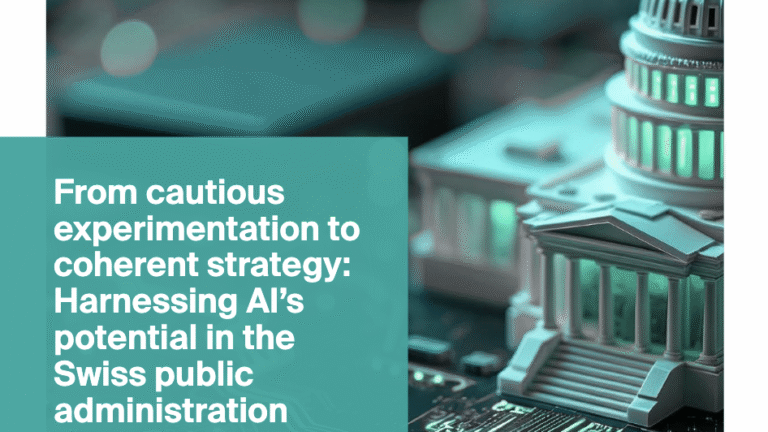
C4DT Insight #5, on harnessing AI’s potential in the Swiss Administration, is out!
In this paper, Mélanie Kolbe-Guyot, Head of Data Governance and Compliance at Statistisches Amt Basel-Stadt, and formerly C4DT's Head of Policy, examines the adoption of artificial intelligence (AI) in Swiss public administration and provides recommendations for its responsible, trustworthy and effective use.
News type :
News

“Do we want our lives to be documented from A to Z?”
From supermarket checkouts to Olympic stadiums, video surveillance is becoming smarter, more pervasive, and increasingly controversial.
News type :
News

A new prototype E-Voting system finally solves the coercion problem
EPFL researchers have developed and tested Votegral a complete e-voting pipeline, demonstrating for the first time that there is a plausible and practical approach to coercion-resistant electronic voting in elections.
News type :
News

Health data is an untapped resource
EPFL Center for Digital Trust report pleads for a coordinated strategy that meaningfully operationalizes the benefits and responsible secondary use of health data in Switzerland.
News type :
News

L’e-ID en six questions critiques
Référendum : Lors des votations du 28 septembre, les Suisses décideront s’ils veulent d’une identité électronique ou non. Durant la campagne référendaire, de nombreux points sensibles ont été thématisés. «Le Temps» en a exploré six.
News type :
News
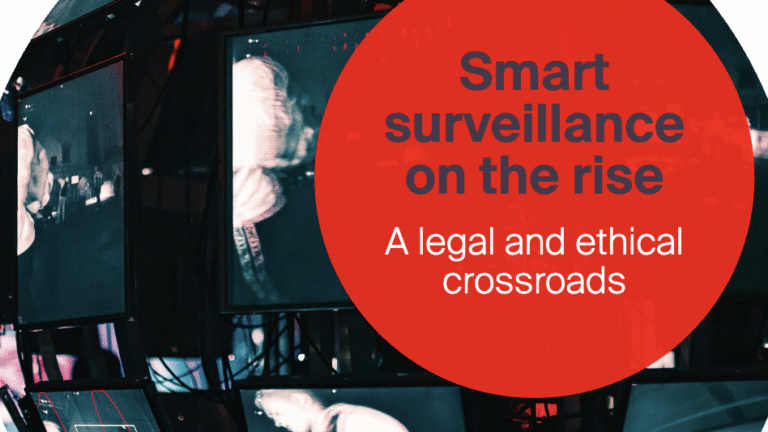
New C4DT Focus #9, titled “Smart surveillance on the rise: A legal and ethical crossroads”, is out!
This issue explores the rapid spread of AI-powered video surveillance, from supermarkets to large public gatherings, and examines the legal, ethical, and societal challenges it raises. With insights from Sébastien Marcel (Idiap Research Institute) and Johan Rochel (EPFL CDH), it looks at Switzerland’s sectoral approach versus the EU’s new AI…
News type :
News
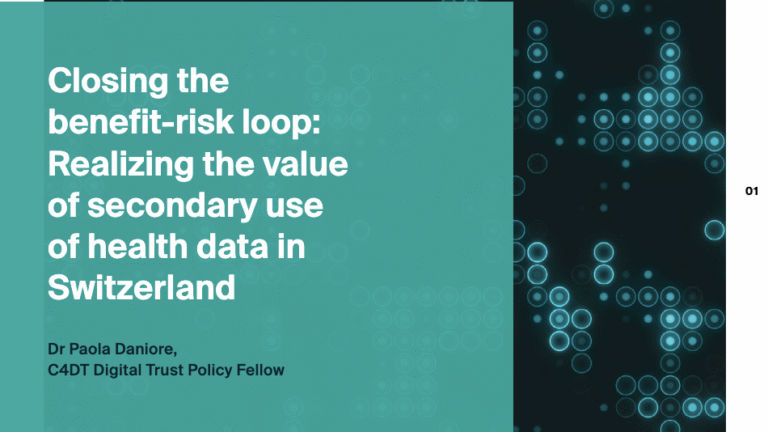
C4DT Insight #4 on the secondary use of health data in Switzerland is out!
This issue paper outlines the urgent need to foster the secondary use of health data as a strategic priority for Switzerland's health and innovation ecosystem.
News type :
News

An urgent need for a clear data policy in Switzerland
A comprehensive policy is necessary to unlock the economic and social potential of data in our country’s and its citizens’ interest, a study from EPFL Center for Digital Trust concludes.
News type :
News

Second Call for Vaud Projects
The collaboration between the Swiss Data Science Center (SDSC) and the Canton of Vaud aims to generate a tangible and lasting impact on the economy and public community of the Vaud region. In this context, the SDSC supports collaborative projects in the field of data science, bringing together the strengths…
News type :
News
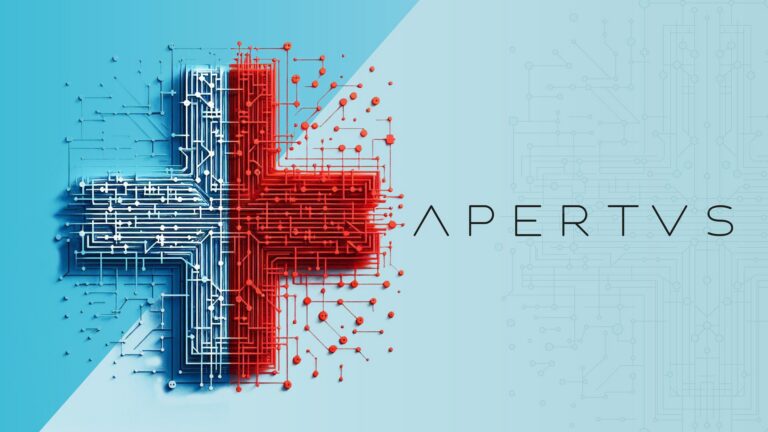
Apertus: a fully open, transparent, multilingual language model
EPFL, ETH Zurich and the Swiss National Supercomputing Centre (CSCS) released Apertus today, Switzerland’s first large-scale, open, multilingual language model — a milestone in generative AI for transparency and diversity.
News type :
News

First propaganda detection mechanism for Telegram
The new method developed by EPFL researchers in collaboration with colleagues in Germany, is efficient, fast and inexpensive. This means that it could help moderators in the fight against disinformation on Telegram.
News type :
News
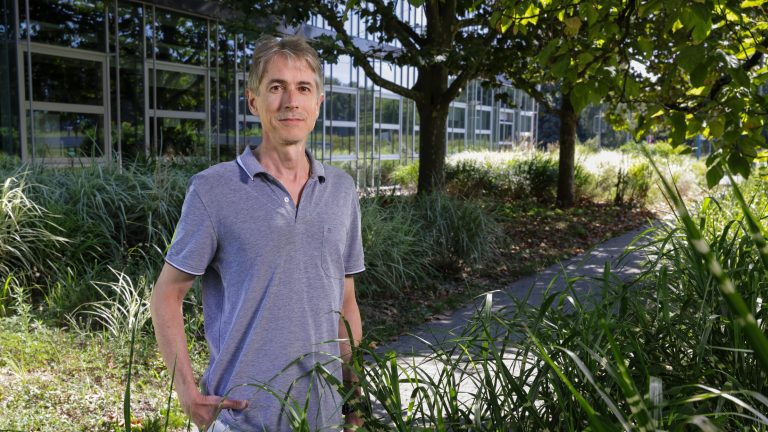
“My chalkboard isn’t going away anytime soon!”
Damir Filipović, named best teacher in the financial engineering section for 2024, could very well have pursued a career in pure mathematics but instead chose the tumultuous field of quantitative finance.
News type :
News

A Trustful E-ID
A secure and reliable electronic identity (e-ID) is both a challenge and a crucial issue in today's digital landscape. EPFL and SICPA are joining forces to design an innovative system of cryptographic algorithms.
News type :
News

EPFLx: Humanitarian Action in the Digital Age
The first MOOC about responsible use of technology for humanitarians. Learn about technology and identify risks and opportunities when designing digital solutions.
News type :
News

CYBER-DEFENCE FELLOWSHIPS: Hamza Abid
To promote research and education in cyber-defence, EPFL and the Cyber-Defence (CYD) Campus launched a rolling call for Master Thesis Fellowships – A Talent Program for Cyber-Defence Research. This month we introduce you to Hamza Abid, a CYD Master Thesis Fellowship recipient, who is finishing up his Master Thesis in…
News type :
News
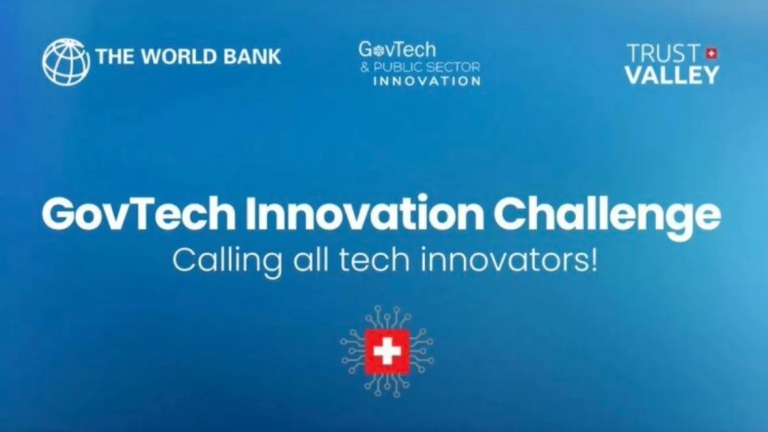
GovTech Innovation Challenge 2025
Partner with the World Bank to develop digital solutions for Ghana Tax Administration this autumn.
News type :
News
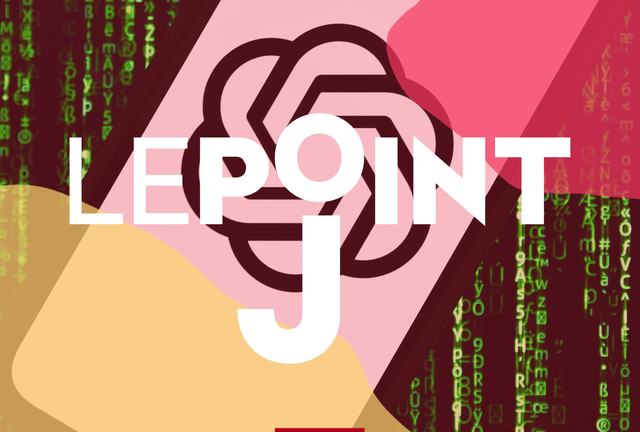
Quelle est notre consommation énergétique quand on utilise l’IA ?
Images façon "studio Ghibli", tendance Starter Pack. derrière leur aspect ludique, ces images générées par l'intelligence artificielle générative posent des questions environnementales très concrètes. Réponses avec Babak Falsafi, professeur ordinaire à la faculté d'Informatique et de Communications de l'EPFL, président et fondateur de l'Association suisse pour l'efficacité énergétique dans les…
News type :
News
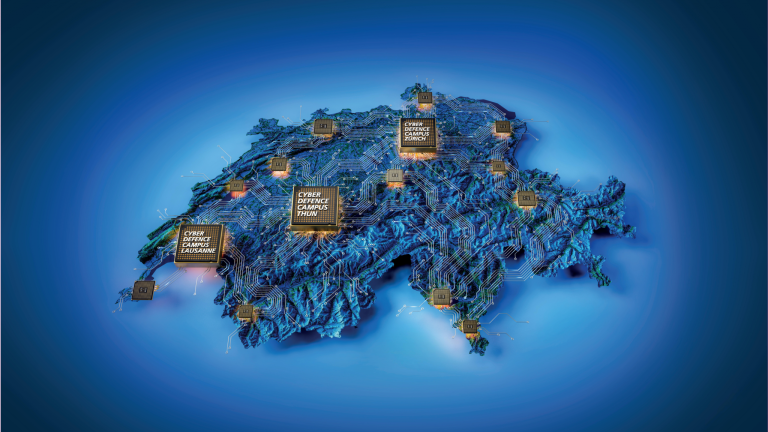
CYD Fellowships
To promote research and education in cyber-defence, the EPFL and the Cyber-Defence (CYD) Campus have jointly launched the “CYD Fellowships – A Talent Program for Cyber-Defence Research.” The 12th call for applications is now open, with a rolling call for Master Thesis Fellowship applications and Proof of Concept Fellowship applications,…
News type :
News
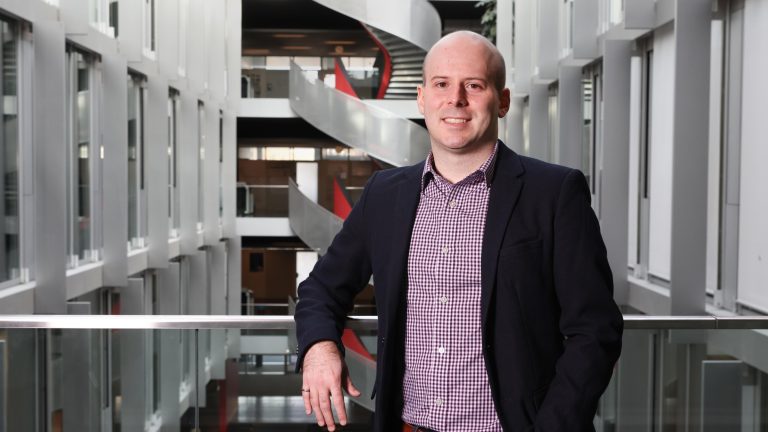
AI: “The next big leap will deal with multimodality”
Being the head of the Natural Language Processing Laboratory at EPFL, Antoine Bosselut keeps a close eye on the development of generative artificial intelligence tools such as ChatGPT. He looks back at their evolution over the past two years and suggests some avenues for the future.
News type :
News

How to detect criminal activities on Signal or WhatsApp?
Encryption is a way to ensure that data sent from one device to another can’t be read if intercepted. But what if the data pertains to criminal activity? Ana-Maria Cretu from EPFL’s Security and Privacy Engineering Lab shares her expertise on safety versus privacy concerns.
News type :
News